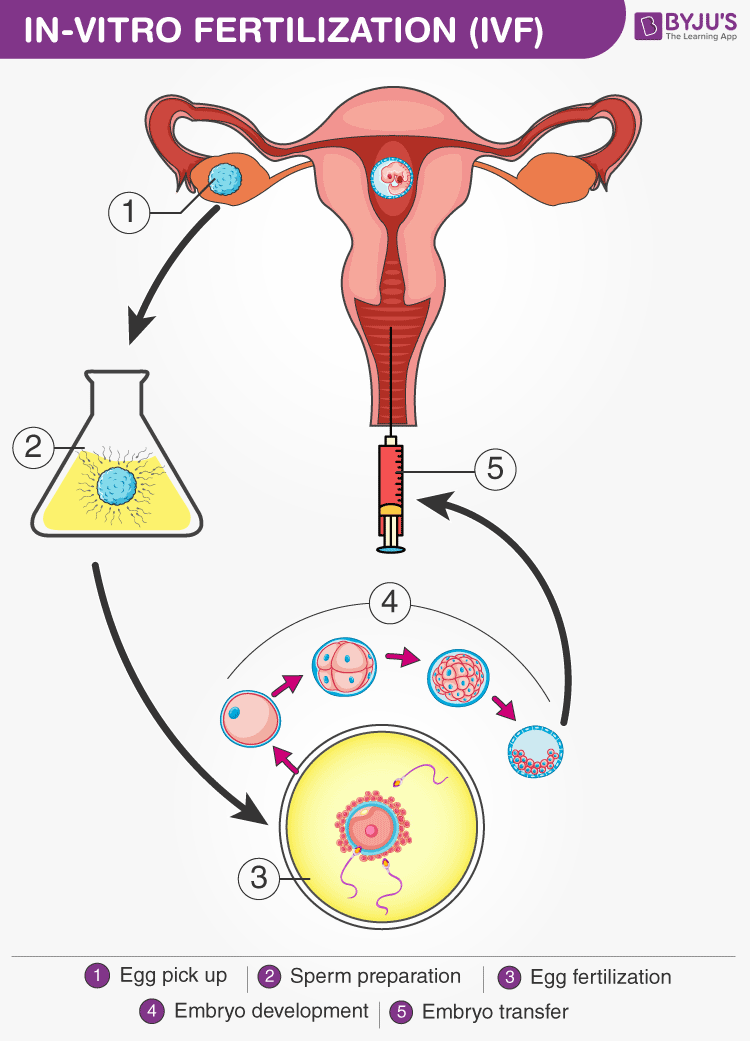
Check-ups
In today's fast-paced world, staying ahead of our health can be a challenge. However, one of the most effective ways to ensure we're on the right track is through regular check ups.
What is a Check Up?
A check up, often referred to as a health screening or medical check up, is a comprehensive examination of your overall health. It often includes various tests and screenings to assess the state of your health and detect any potential issues before they become more serious.
Benefits of Routine Check Ups
Early Detection: Check ups often lead to the early detection of potential health problems. The sooner an issue is detected, the easier and more effective the treatment can be.
Prevention: With routine health screenings, doctors can offer advice on lifestyle changes, and if necessary, prescribe preventive medicines.
Cost-Effective: In the long run, early detection and prevention through check ups can save you significant amounts on future medical bills.
Peace of Mind: Knowing that you have had a comprehensive health examination can provide peace of mind about your well-being.
Components of a Comprehensive Health Check
● Full Body Check Up: A general examination covering all major body systems.
● Blood Test in Check Up: Helps to measure levels of various elements and compounds in the blood and can detect abnormalities.
● Cardiovascular Screening: Vital in detecting any heart-related issues.
Choosing the Right Health Check Up Package
Several health facilities offer tailored check up packages. These packages may vary based on age, gender, and individual health risks. It's essential to consult with your healthcare provider to determine which screenings and tests are most appropriate for you.
Annual health examinations or check ups are more than just routine doctor visits. They are a proactive step in taking charge of your health. So, don't wait for a health issue to arise; be ahead of the curve and schedule your comprehensive health check today.
Stem Cell Therapy
The human body is a marvel of nature, capable of immense healing and regeneration. Central to these capabilities are stem cells. These undifferentiated cells hold the promise of revolutionizing the medical field through the burgeoning arena of regenerative medicine.
What are Stem Cells?
Stem cells are unique cells capable of transforming into other cell types, making them instrumental for therapeutic uses. They originate from two primary sources: embryos, known as embryonic stem cells, and adult tissues, often referred to as adult or somatic stem cells. The potential and versatility of these cells are astounding, with embryonic stem cells being pluripotent, meaning they can turn into almost any cell in the body.
The Magic of Stem Cell Therapy
Stem cell therapy is an innovative treatment approach wherein patients receive stem cells to promote repair response of diseased, dysfunctional, or injured tissue. From degenerative disc diseases of the spine to heart disease, the applications are vast and growing. The primary goal? Harnessing the stem cell's regenerative capabilities to restore function and health, minimizing the need for invasive surgeries or long-term medications.
The Inherent Benefits of Stem Cells
The potential benefits of stem cells are manifold. They offer a less invasive solution compared to surgeries, may reduce recovery time, and provide a natural treatment alternative, leveraging the body's own resources. Moreover, they can address conditions that are currently deemed untreatable or difficult to treat.
Stem Cell Sources: Beyond the Embryo
While embryonic stem cells have garnered significant attention, it's crucial to recognize other sources. Adult stem cells, for instance, are derived from tissues like bone marrow, fat, and even the brain. Though they may not have the same differentiation capability as their embryonic counterparts, their potential in treatments is equally noteworthy.
Stem Cell Treatments for Diseases: A New Hope Every day, researchers uncover more diseases and conditions that can benefit from stem cell treatments. From neurodegenerative diseases like Parkinson's to orthopedic ailments, the horizon of stem cell applications is broad and promising.
The realm of stem cells and regenerative medicine holds the potential to redefine the paradigms of healing and disease treatment. As research progresses, the promise of stem cells is not just in treating conditions but possibly preventing them, ushering in a new era of healthcare
Scar Revision
We all have stories, and sometimes, they are written on our skin in the form of scars. Whether from an injury, surgery, or skin condition, scars can be a constant reminder of the past. Fortunately, with advances in medical techniques, scar revision is now a viable option for those wishing to reduce or improve the appearance of scars.
Scar Treatment and Its Evolution
Scars form as part of the body's natural healing process, but not all scars are the same. Over the years, various scar treatment methods have been developed, catering to different scar types. From topical scar treatments to more advanced procedures, the options are vast.
Surgical Scar Revision vs. Other Methods
While many treatments can be effective, surgical scar revision stands out for its efficacy, especially for deeper or more prominent scars. This procedure involves surgically removing the scar tissue and meticulously suturing the wound to minimize the new scar's appearance. On the other hand, laser scar revision utilizes targeted laser energy to improve the scar's texture and color.
Tackling Keloid and Hypertrophic Scars
Two particularly challenging scar types are keloids and hypertrophic scars. Keloid scar treatment often requires a combination of surgical removal and other therapies, given their tendency to grow larger than the original injury. Hypertrophic scar reduction, meanwhile, aims to reduce raised scars that don't extend beyond the injury site.
The Promise of Scar Improvement Procedures
The variety of procedures available today for scar improvement gives many patients hope and confidence. Although complete scar removal is a challenge, significant improvements are often achievable, leading to results in scar revision that both patients and specialists can be proud of. Scars are a part of life, but they don't have to define us. With scar revision techniques, it's possible to rewrite your skin's history and turn prominent scars into faded memories.


IVF (In Vitro Fertilization)
In the realm of assisted reproductive technologies, IVF, or In Vitro Fertilization, stands as a beacon of hope for countless couples and individuals longing for a child. This groundbreaking procedure has revolutionized fertility treatments, offering many a chance to experience the joy of parenthood.
What is IVF Treatment?
IVF Treatment is a series of intricate procedures where an egg is combined with sperm outside the body, in a specialized lab. The goal is to achieve successful fertilization and then transfer the embryo to the uterus.
The IVF Process Explained
The IVF journey begins with hormone therapy to stimulate the ovaries, ensuring multiple eggs mature simultaneously. Once ready, the Egg Retrieval process is initiated. This involves a minor surgical procedure where mature eggs are harvested from the ovaries.
Following retrieval, the eggs are then combined with sperm in a controlled environment to facilitate fertilization. After a few days of monitoring, the best quality embryos are selected for Embryo Transfer. This is a delicate procedure where embryos are implanted into the uterus, hoping for a successful attachment and pregnancy.
Why Consider Egg Freezing?
For women who wish to preserve their fertility for the future, whether due to medical reasons or personal choices, Egg Freezing offers a viable solution. Mature eggs are harvested and frozen, to be used in IVF treatments at a later stage.
IVF Success Rates
The success of IVF varies based on several factors including age, the cause of infertility, and the specifics of the treatment used. It's imperative to consult with a trusted IVF specialist to understand your unique chances and the best approach for you.
